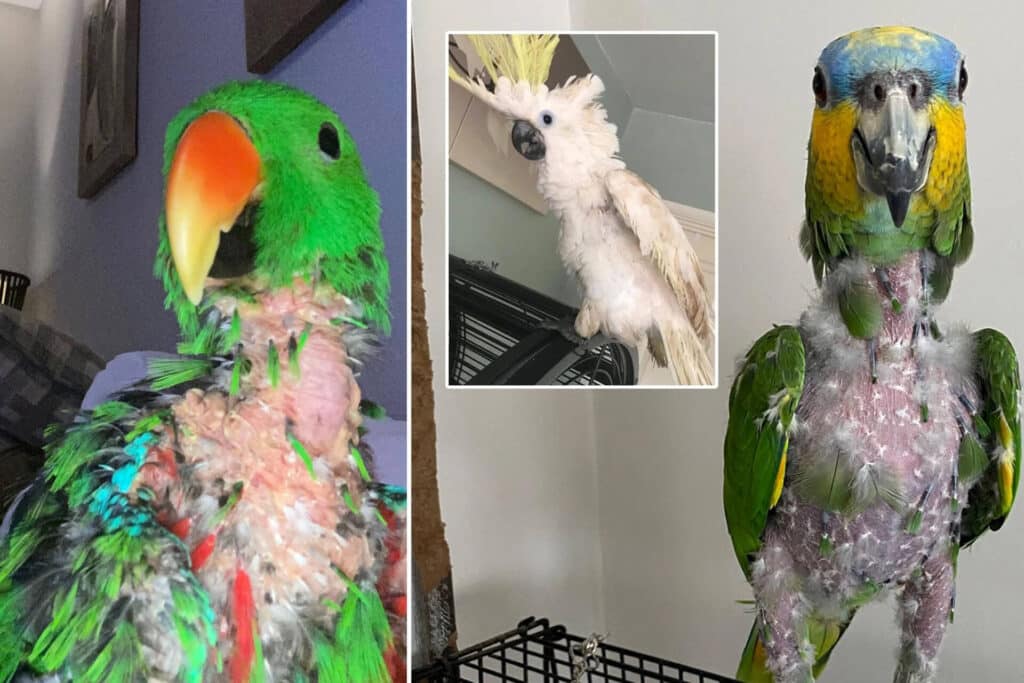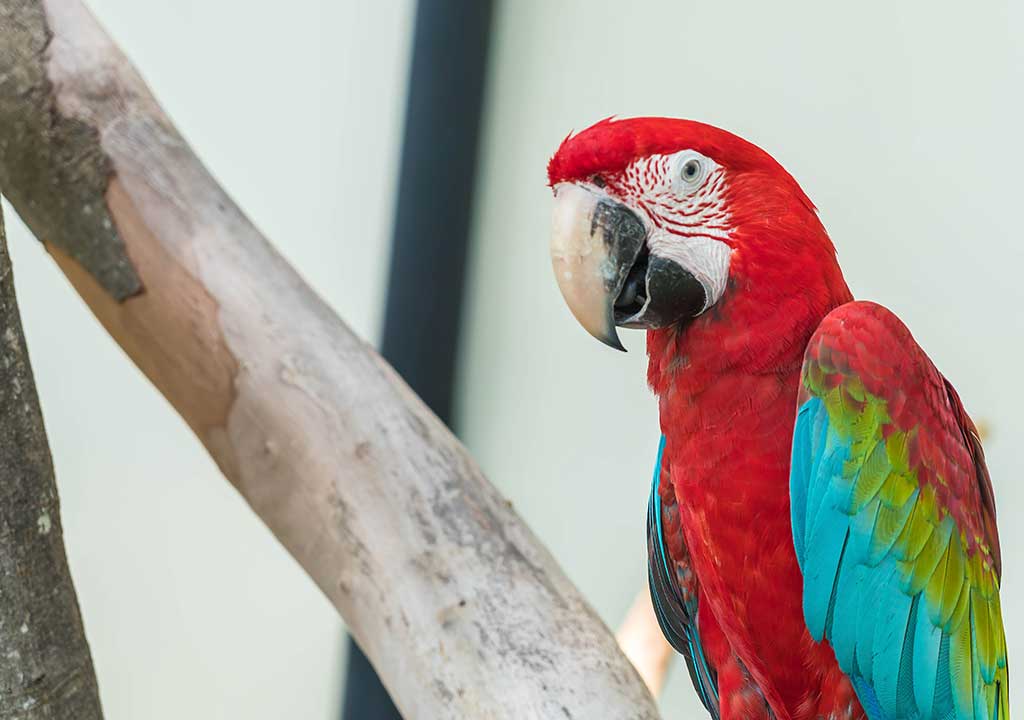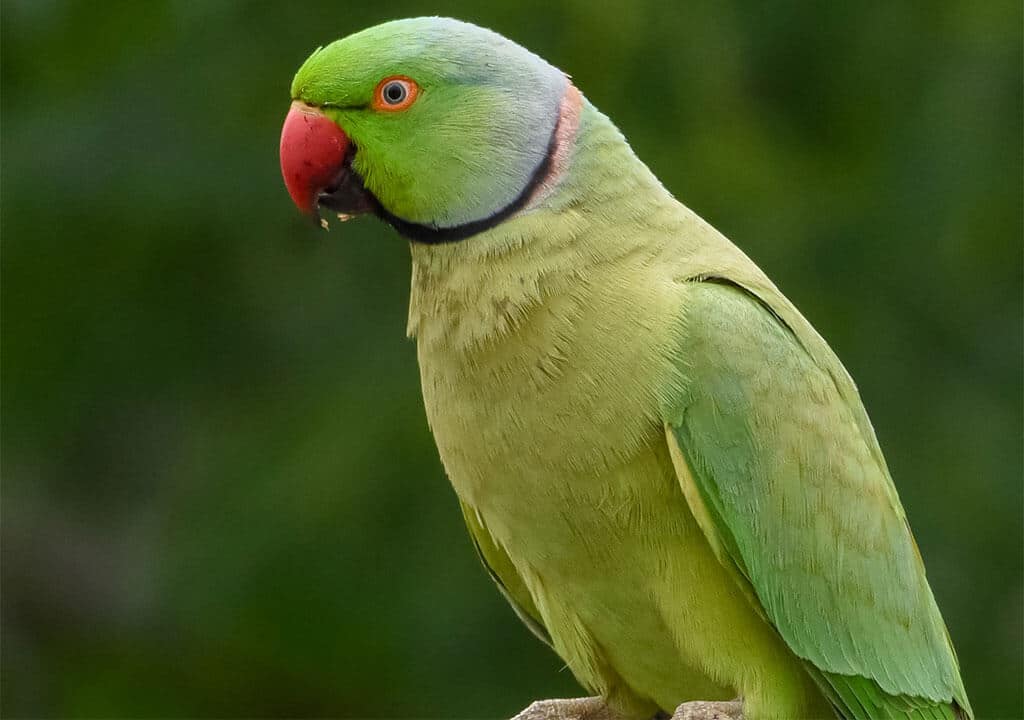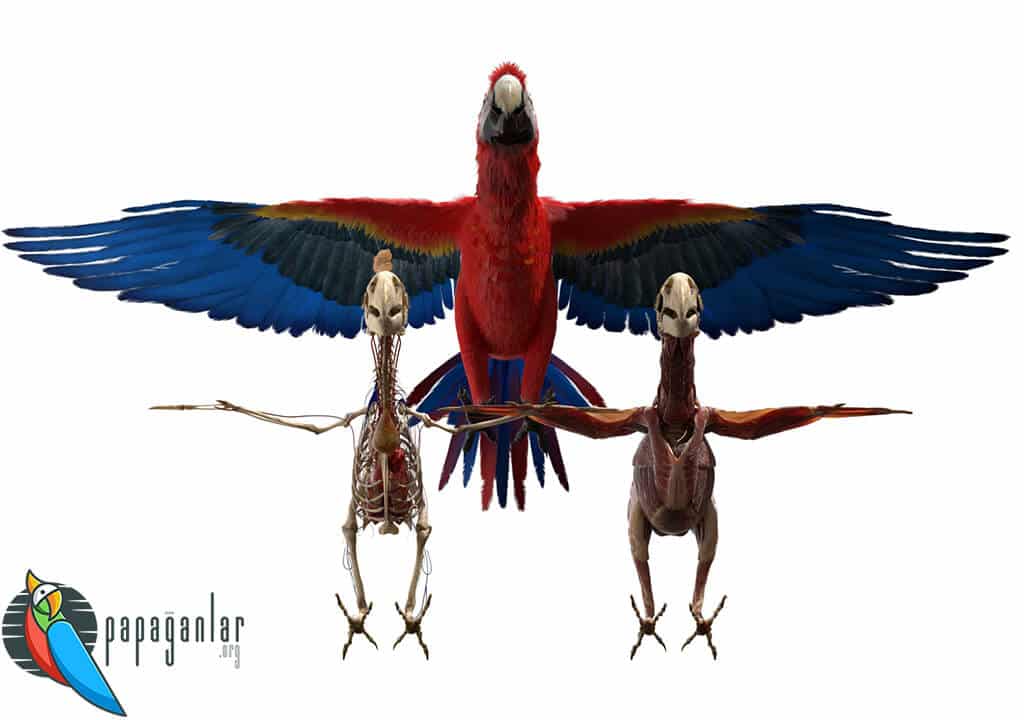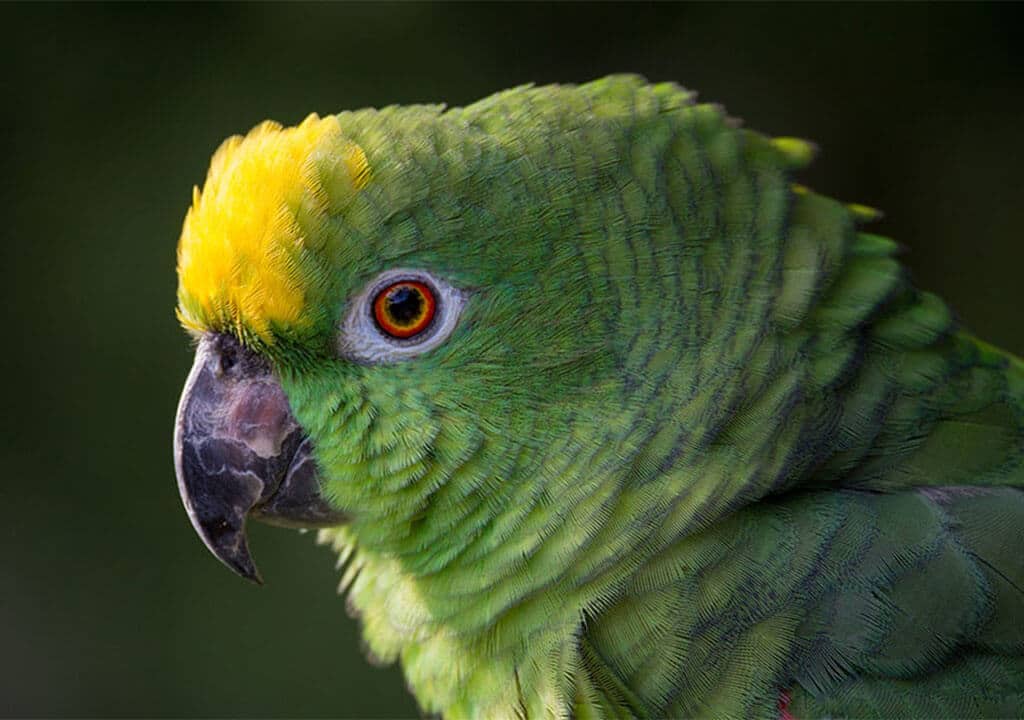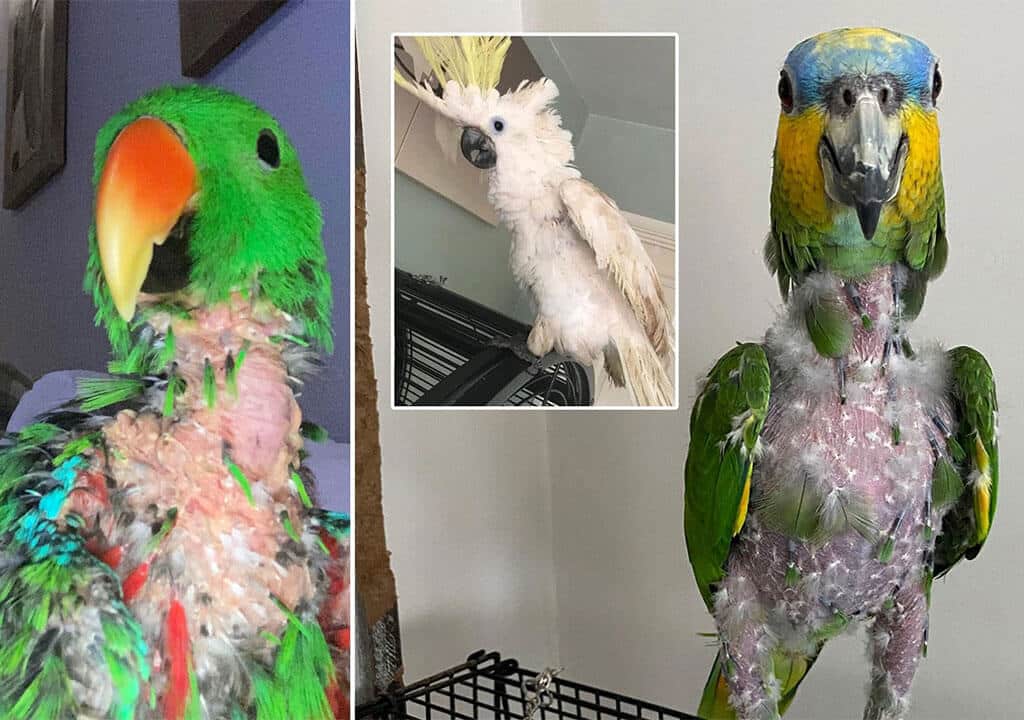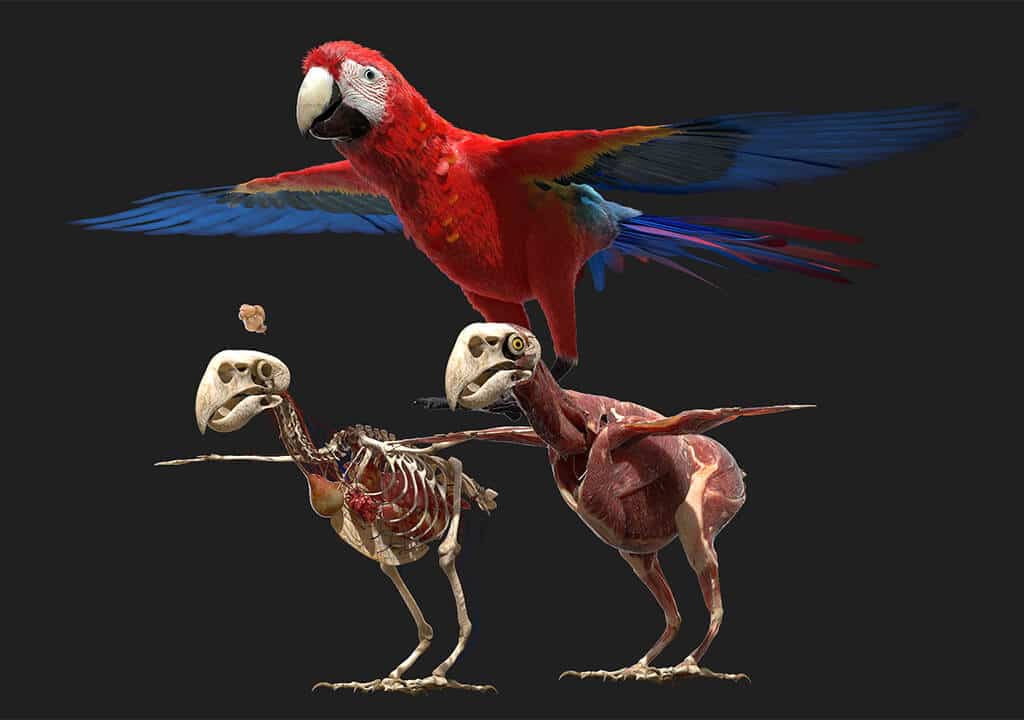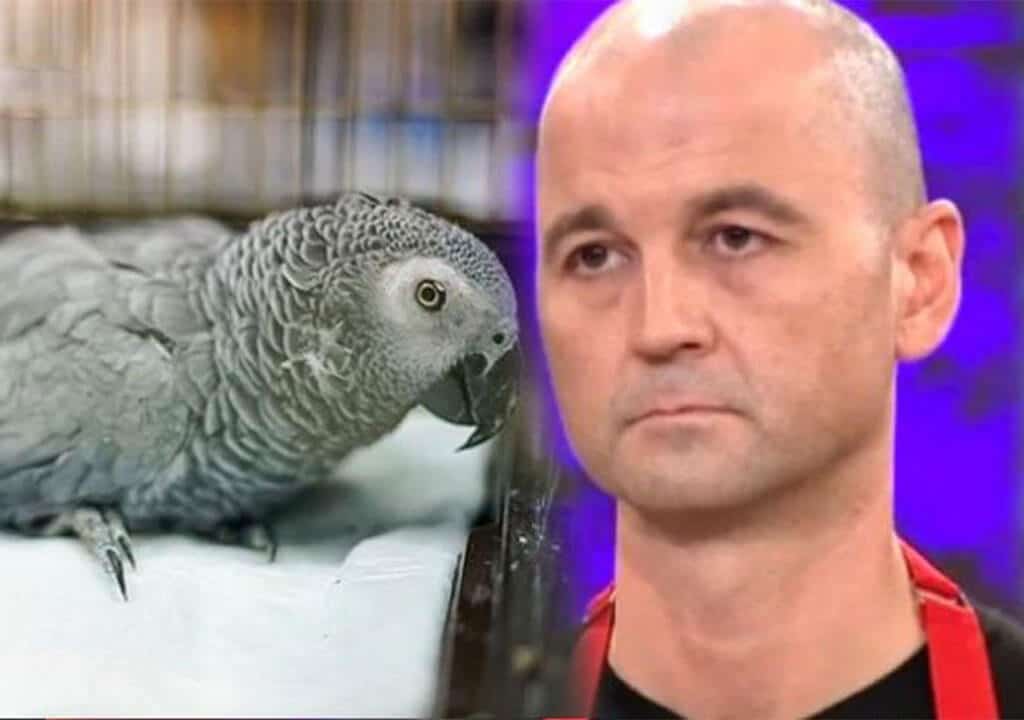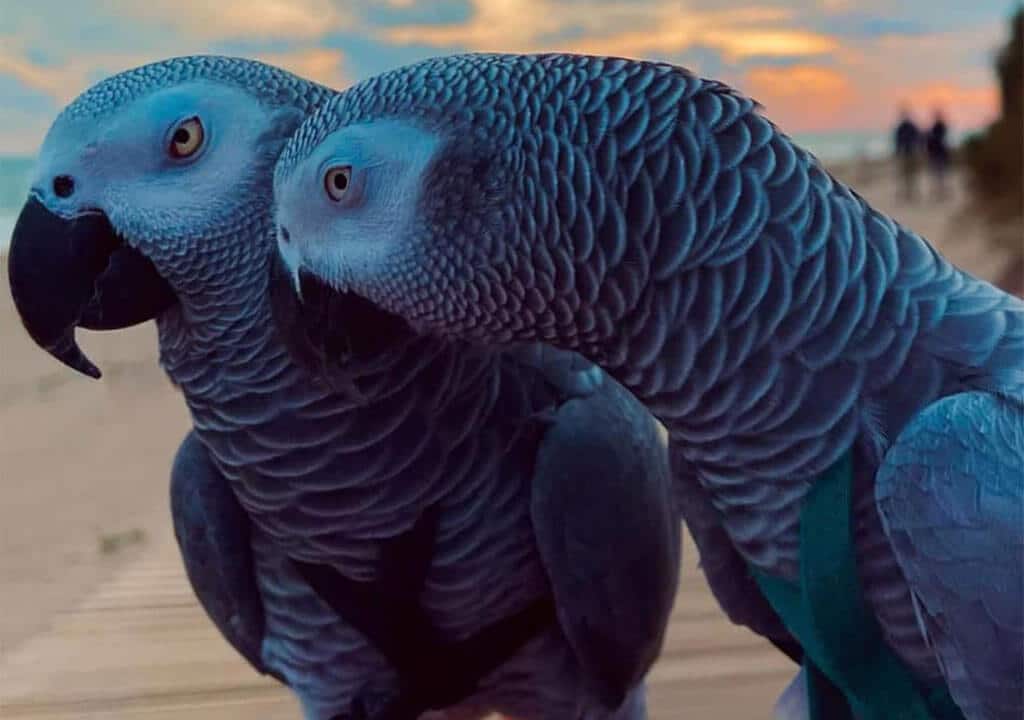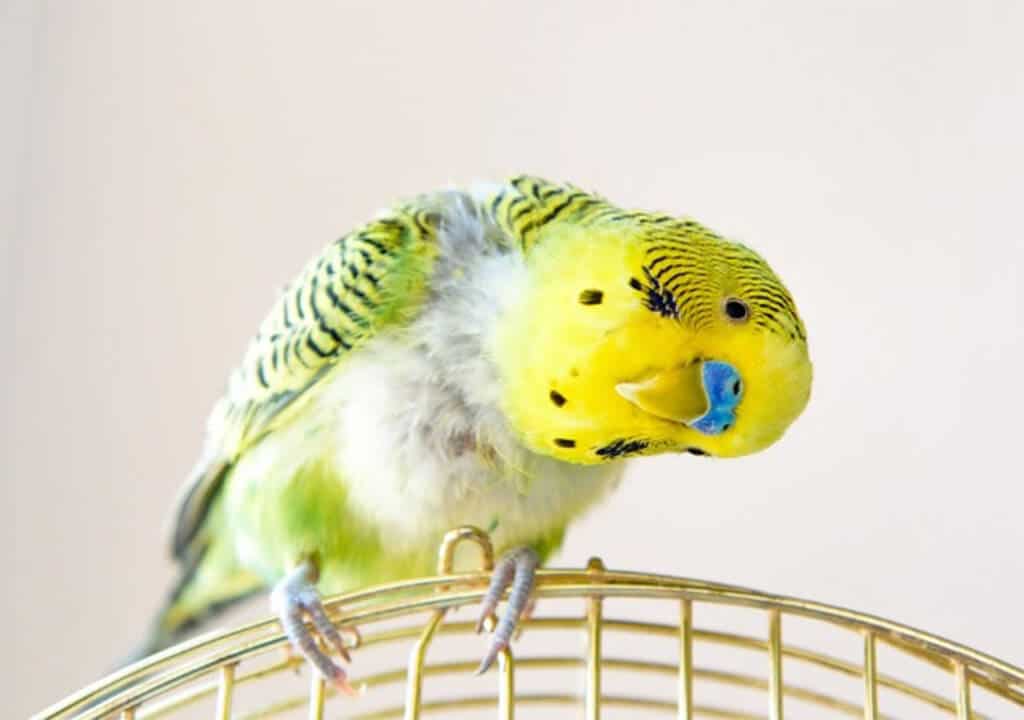Blog
Budgerigar Disease Symptoms
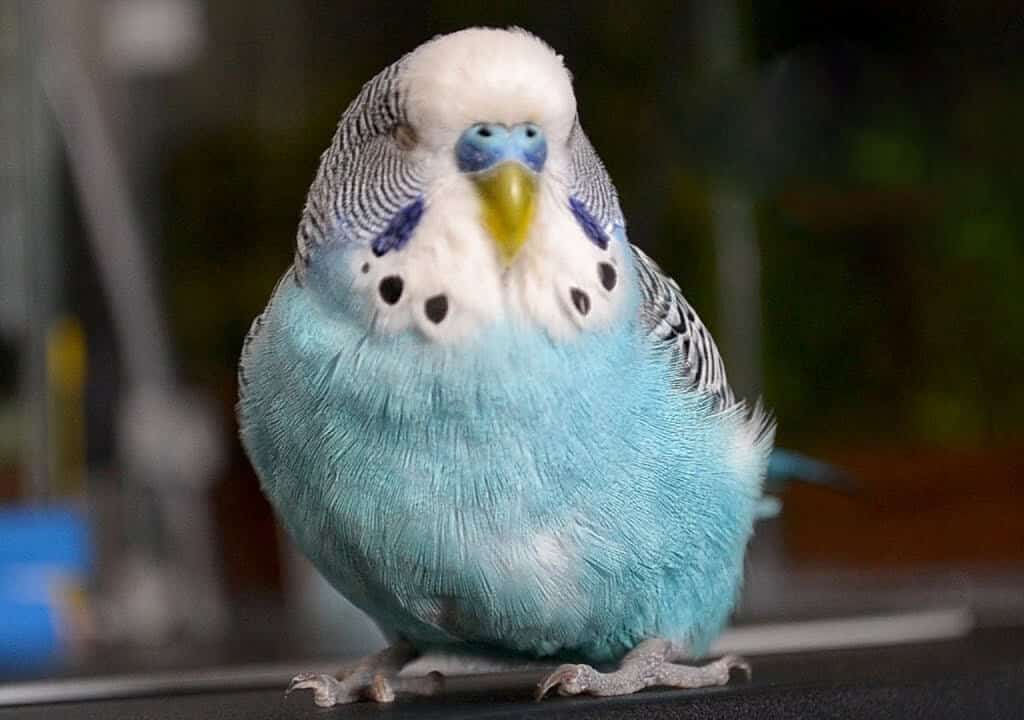
Budgerigars, which are highly preferred among domestic pets today, are animals that are very loved by people. For this reason, many people keep budgies in their own home. Although budgerigars are not sufficiently agile and strong, they are quite intelligent birds. In addition to this, due to their social nature, they can establish closeness to humans and other birds in a short time.
Pet budgies need attention and care from their owners as well as being social. In addition, they can learn features such as speaking and whistling. The nutritional need, which is one of the basic needs of budgerigars, is very important for their health. In addition, budgerigar disease symptoms may appear for a number of reasons.
Budgerigar Diseases
Diseases such as fungal disease, respiratory tract diseases, smallpox, diarrhea, digestive system disorder, rheumatism, asthma, bronchitis can be counted as the most common budgerigar diseases. Loss of appetite, puffy eyes and pale appearance, sneezing, too much light or dark stool color, too solid or more liquid form than normal, indicate a disease in the budgerigar.
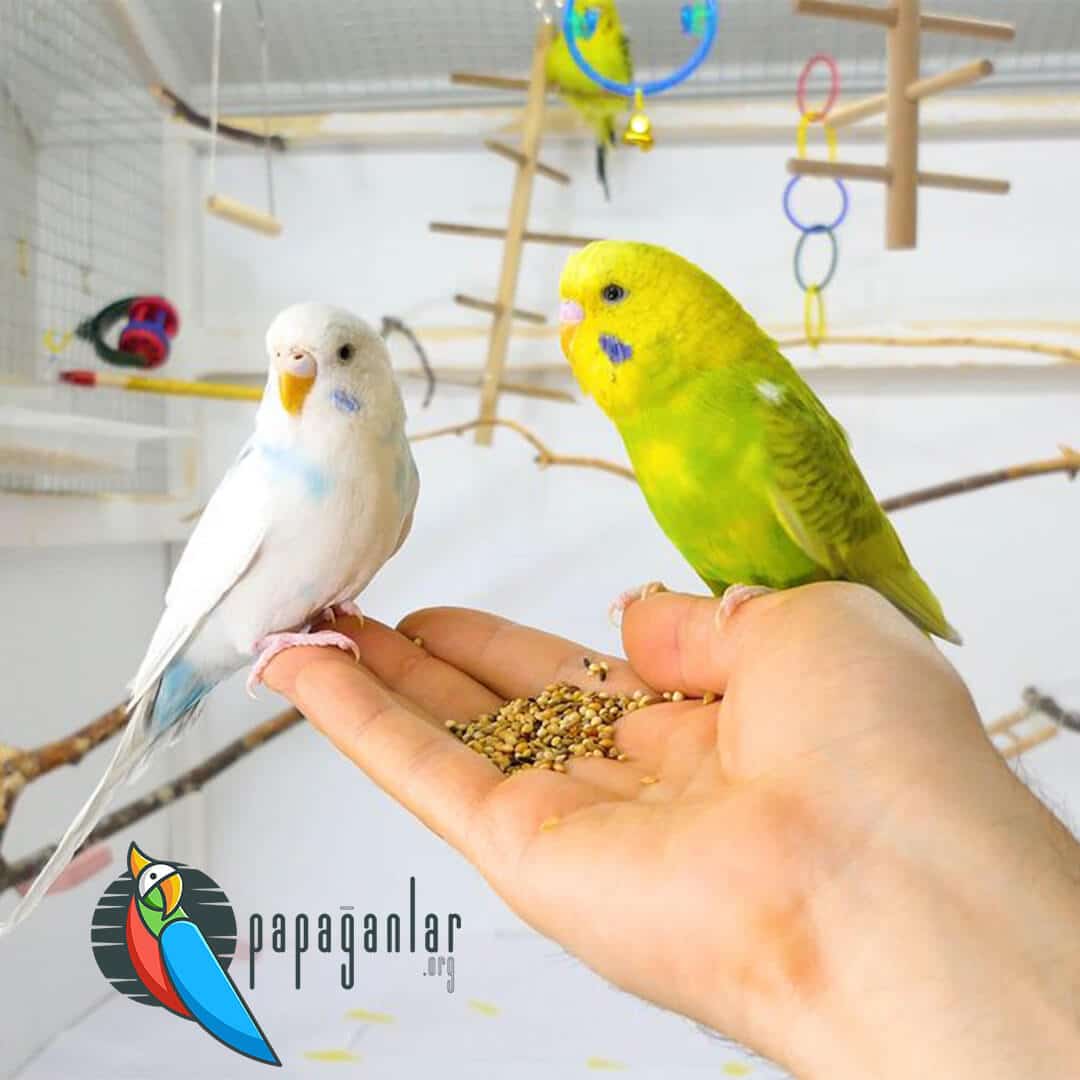
Apart from this, being on the floor of the cage, weight loss, not eating, having up and down reflexes in tail movements, stagnation, discharge in the beak or nose, and secretion symptoms in the facial hair are also very important. The source of the disease in the budgerigar should be investigated.
Budgie Anatomy
The budgerigar, which has a lifespan of about six years, can weigh up to forty grams in terms of anatomy. They consume foods such as seeds, fruits, insects as food. Budgerigars vary in length from 15 cm to 35 cm. Their wingspan is between 25 cm and 35 cm. In their natural habitat, they live in open forest areas and grasslands close to water. It is a small colorful bird native to Australia.
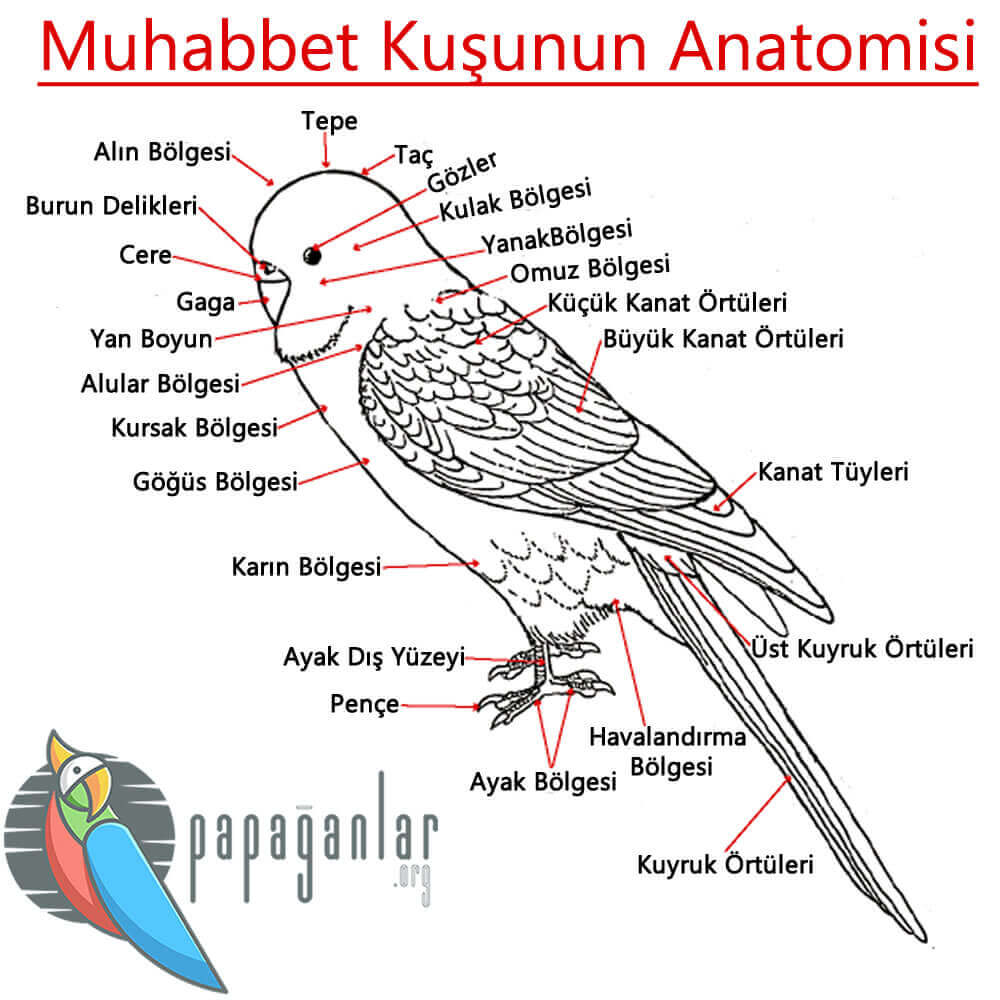
They are found in houses suitable for feeding in cages. They are among the bird species that people prefer to feed, with their very bright feathers and their wing structure consisting of harmonious colors. It is an important detail that budgerigars, which have sociable nature, are not left alone.
Budgie Sick
Since budgies that are fed indoors are very sensitive creatures, they can be affected by adverse conditions at significant levels. Although the birds get different diseases from each other, the symptoms they show in general; diarrhea, weakness, blistering of the feathers, redness of the skin, flaking of the skin and cold. These diseases can lead to negative consequences in the immune systems of birds and undesirable problems to affect the birds.
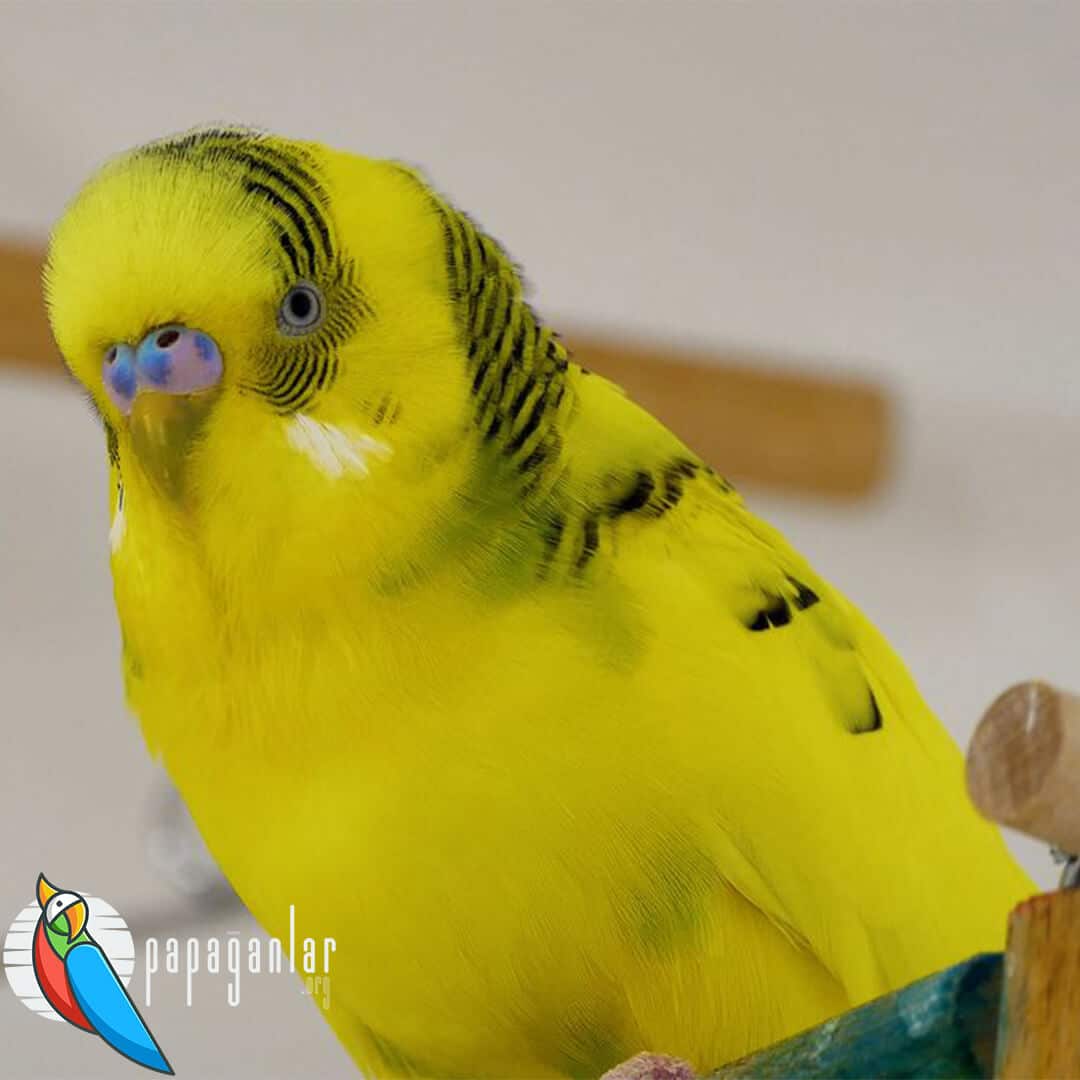
For this reason, the first thing to do is to prevent the factors that cause the birds to be sick and to produce a solution quickly in case of any disease. Inadequate and balanced nutrition of the birds, the water they drink and their cages are not clean enough, not paying attention to the cleaning of nails and beaks, and not providing an environment with clean air cause budgies to get sick.
Budgie Apple Cider Vinegar
As long as the parasites are located in the intestines of the birds, budgerigar apple cider vinegar is used to be eliminated from the body. About two drops should be dripped into the water of the budgerigar once in ten days or once every two weeks. Doing this application at too many intervals may cause diarrhea in birds.
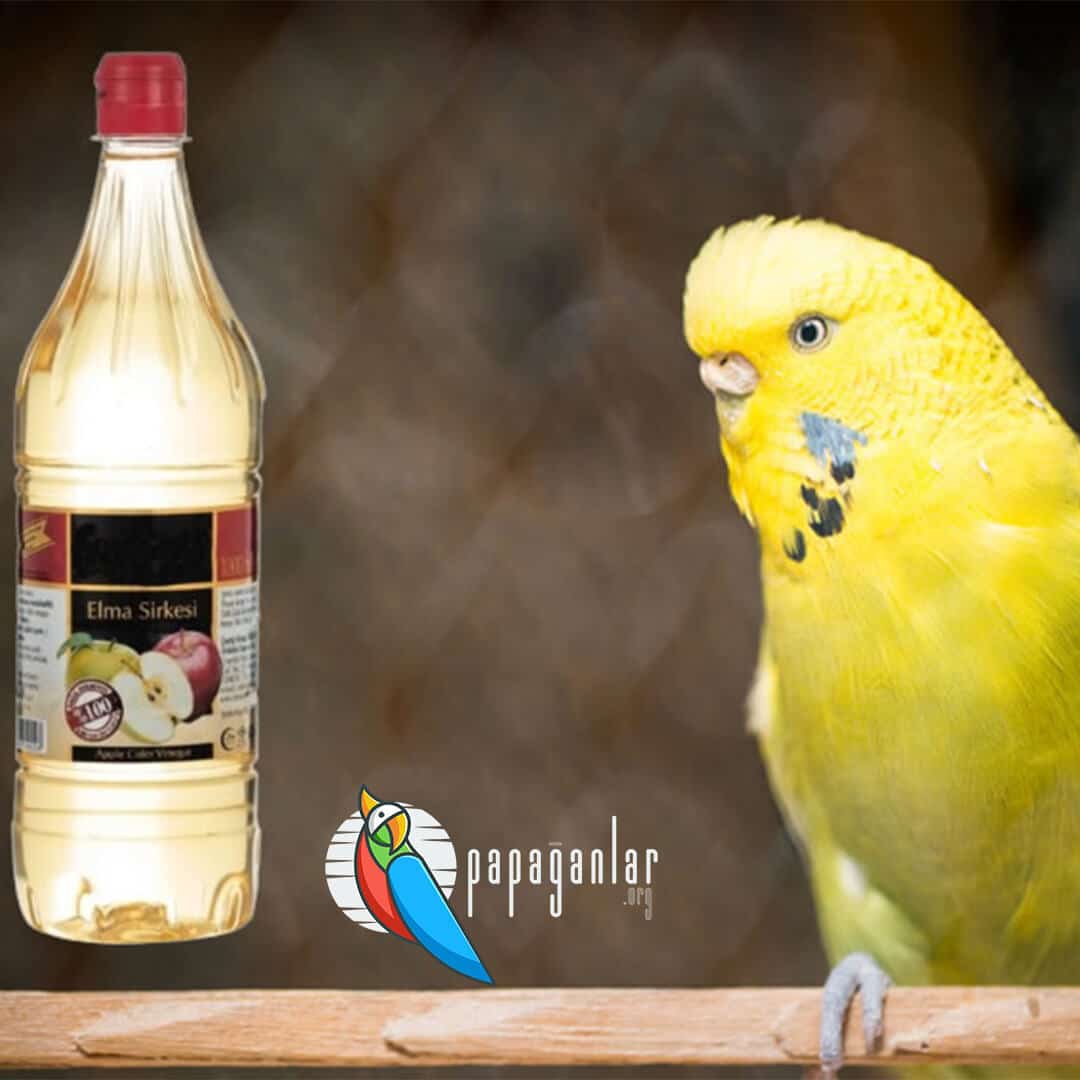
Another use of apple juice is to drip two drops into the bath water. In this way, it is ensured that the parasites in the feathers of the birds are purified. Being careful with the amount of care is important for the health of the birds. Being careful with the amount of care is important for the health of the birds.
Why Does a Budgie Itch?
Since it is frequently encountered in birds, the question of why the budgie itches is wondered. When the cause of itching is due to external parasites, it is possible to treat it with drops. If it is caused by the drops given by the veterinarian or the fungus, fungicides can be used. Another condition that causes itching in budgies is shedding. At the time of molting, the birds begin to itch. This process is normal.
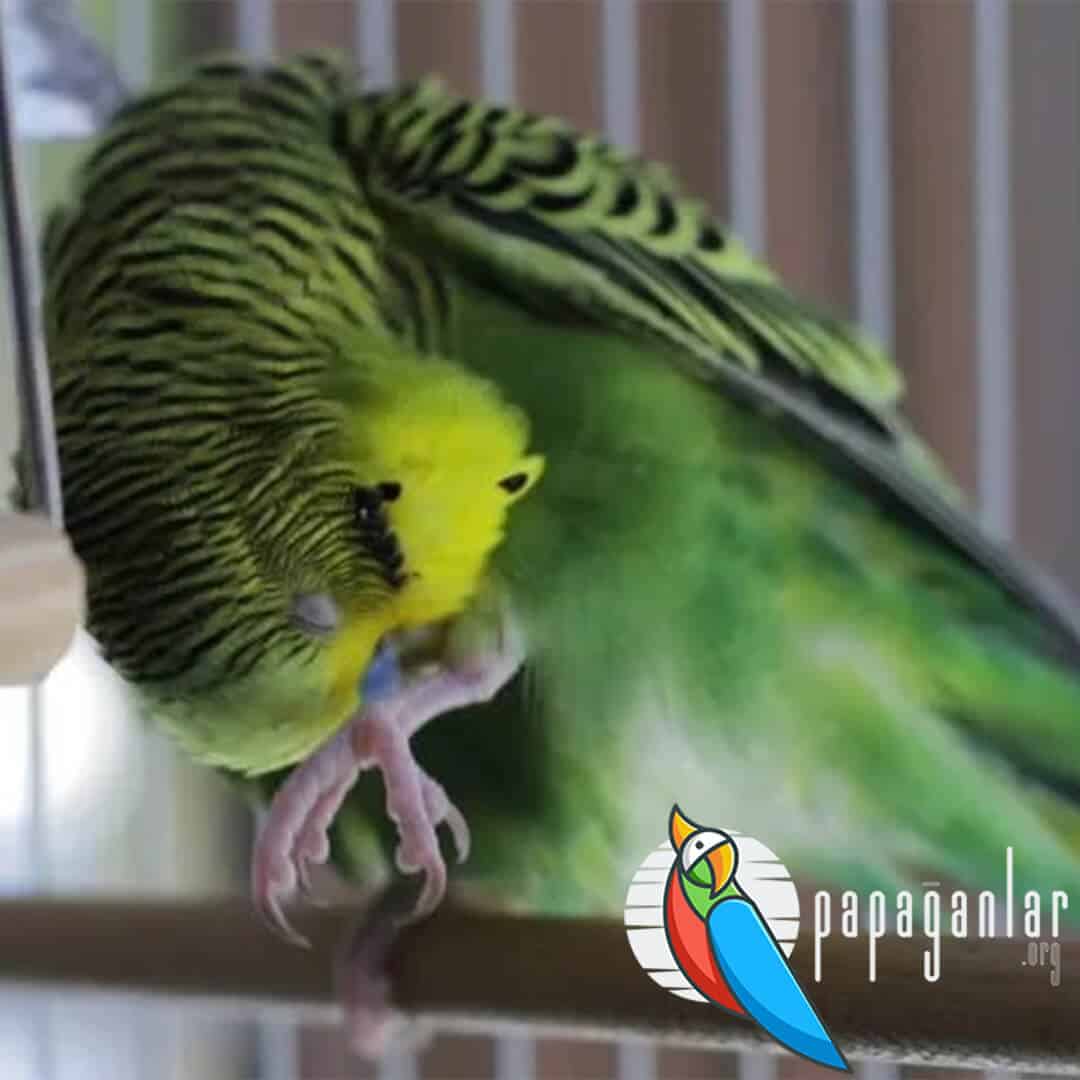
Attention should be paid to the reactions of the budgerigar. There is often the presence of lice in the rubbing of their feathers on the cage sections, shaking them, fluffy feathers and pinching movements. Lice sprays should be used to correct this problem. For this reason, it is an important element that the environments where the birds are sheltered contain hygienically healthy conditions.
Budgie Burying Its Head Back
When budgerigars bury their heads in the back point for too long and frequently, the presence of a disease comes to mind. For this reason, many sentences are made that the budgerigar bury its head in the back. Since birds have a very sensitive structure, their immune systems are weakened when extreme hot or cold environments, not getting enough vitamins and minerals, and not paying attention to nutrition. This causes the birds to become sick.
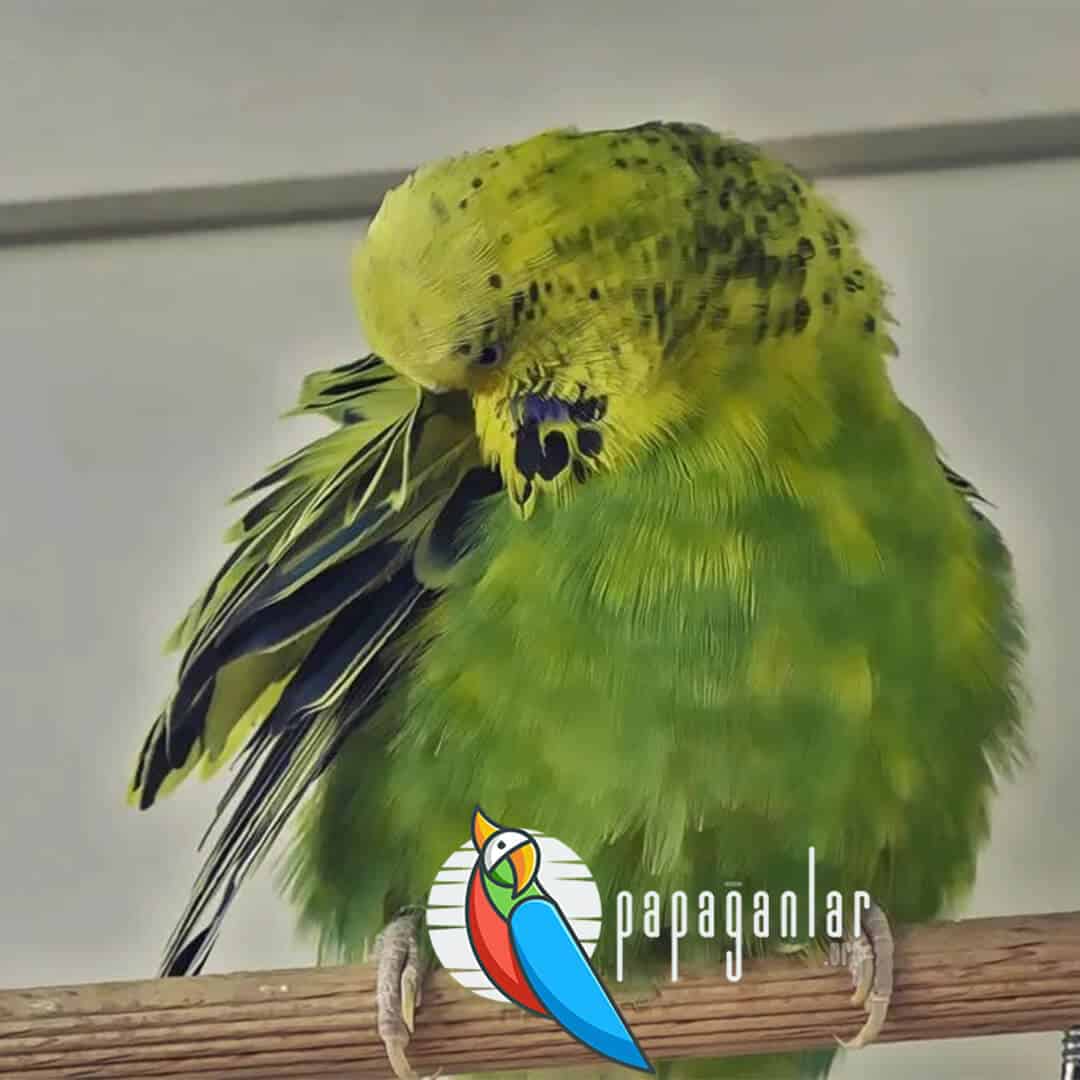
When budgies bury their heads back, they should be taken to an environment with normal temperature. A veterinarian should be consulted when the bird repeats the burying motion of its head more than normal and if, in addition, there are symptoms such as diarrhea, loss of appetite, and constant sleepiness.
Budgerigar Itches A Lot
Lice, which cause itching, cause birds to itch when there are very small, dark-colored creatures on the bird’s body that can be seen in the inner parts of their feathers. This situation causes the phrase that the budgie is very itchy. Lice are not easily seen because they are very small. Besides, they are bloodsuckers. Especially in the spring and summer seasons, it is necessary to be careful in terms of budgerigars, as they begin to multiply very quickly as a result of breeding.
When birds are restless and constantly on the move, the possibility of lice should be considered. Lice spray should be carefully applied to the entire body of the bird, especially the lower part of the wings and neck area. Care should be taken not to spray the bird’s face, beak and eye points.
Budgerigar Always Sleeping
The lively attitudes of birds most of the time show themselves as a tendency to sleep all the time. This situation causes the construction of sentences about the budgerigar is constantly sleeping. It is necessary to control the stool of the sleeping bird constantly. It should be checked whether there is any excessive solid or excessive liquid in the stool. Along with this, stool color is also a very important detail.
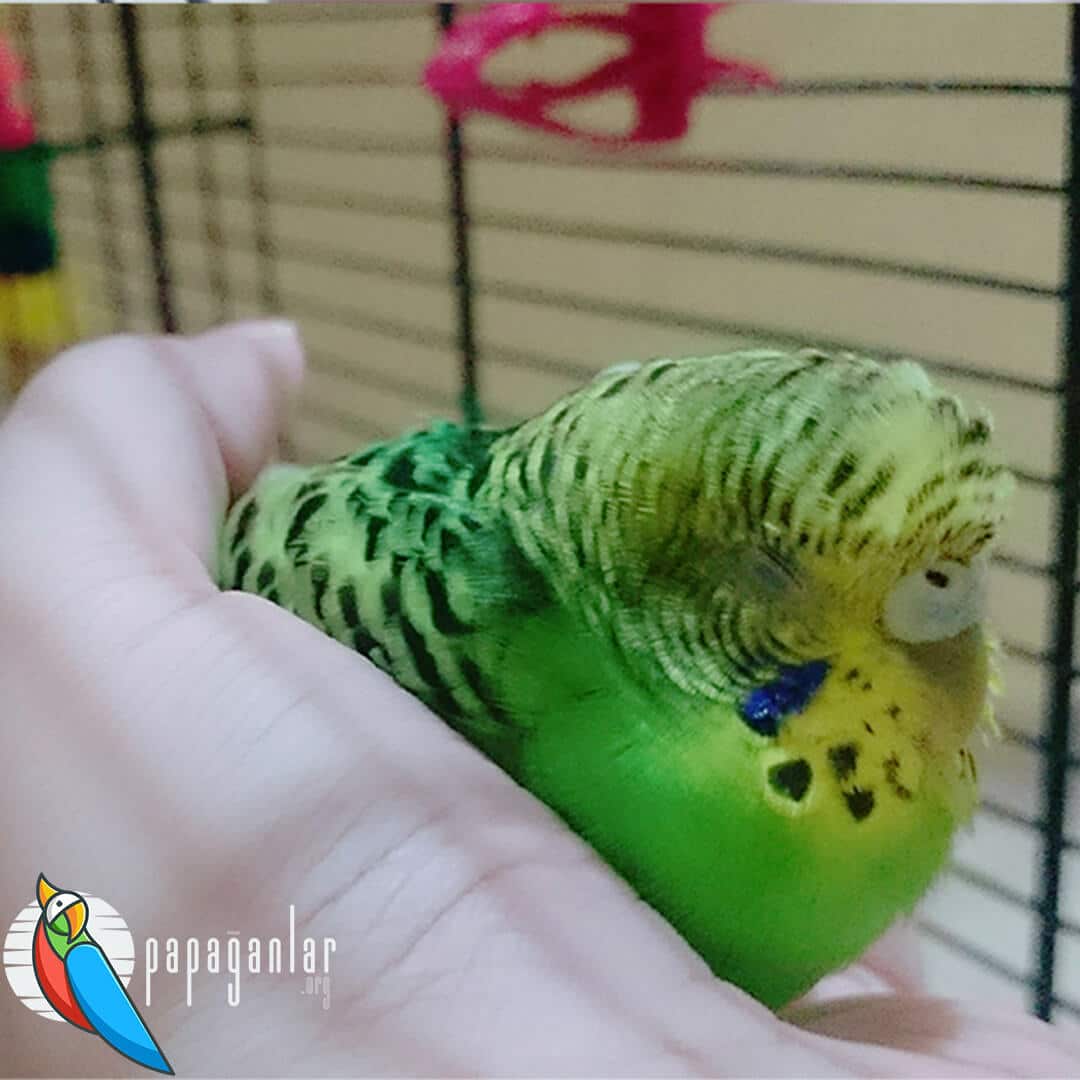
Birds tend to sleep all the time when they are sick. This change is easily noticed by the bird’s owner. The fact that the birds are constantly sleeping and appearing sluggish may indicate that they are sick. Checking by the veterinarian to find out why this situation is caused helps to prevent possible negative effects.
Budgerigar Doesn’t Drink Water
Some behaviors that appear in budgies make people say that the budgerigar does not drink water. When the budgerigar begins to drink water, its water should be cleaned and the container in which it drinks water should be cleaned carefully. If there is no change in the budgerigar despite these actions, it is necessary to take it to the veterinarian and investigate the factors causing the problem.
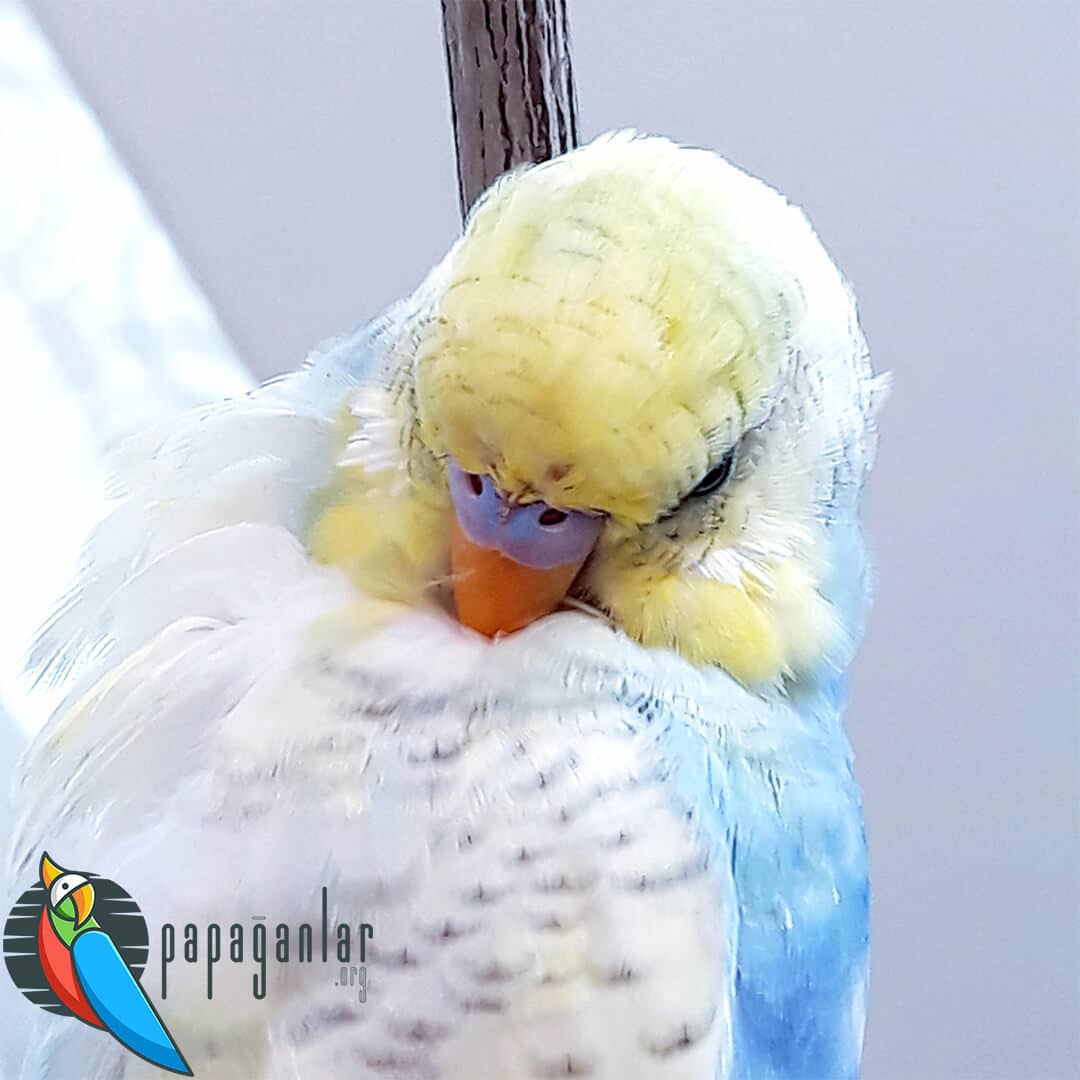
In this way, it is ensured that necessary precautions are taken to avoid any serious situation. The environmental conditions are also effective in making the birds sick.




